Do you know which returns and tax forms you need to file so that the IRS does not come after you? While there are different types of entities that a gym owner or operator can use such as Sole Proprietorship, LLC, S-Corp etc. The IRS can come after you with a heavy hand if you do not keep proper track of your documentation and file on time. In addition, you as a fitness business owner you already have so many other things on your plate and paying penalties for not filing on time is not worth it. The IRS’s Motus Operandi is to collect as many taxes as it can, and your goal is to pay as little as you legally can. The one thing that the IRS can come after you is for not paying payroll taxes.
Having been around fitness owners and gyms I have noticed that most fitness business owners classify workers as independent contractors (1099’s) rather than W2 employees. By classifying workers as 1099’s you avoid paying the following burdensome expenses such as workers compensation, health insurance costs and not to mention all the tax costs such as social security and Medicare taxes. The IRS wants all that cash in its coffer and will not leave you alone unless you can sufficiently justify that the worker qualifies as a 1099. My recommendation is to draft an agreement stating that the worker at your gym is an independent contractor and not a w2.
The IRS is keen to look out for misclassifications, the best way to avoid this is to have an agreement on file. The FitBiz CPA is a great resource for learning how to draft and present this to an independent contractor interested in working for you. Another issue that I have seen come up is when an independent contractor is laid off and when they file for unemployment benefits, the stat decides to classify them as ex-employees of the business. The scenario can be nightmarish for many gym operators, because not only the state will come after the fitness owner for back taxes, but additional penalties may be applied. To avoid these types of scenarios from ever taking place you need to have accurate and sufficient documentation to support your case.
Here are the key tax forms that you need to be aware of:
1. Form 941 – Also known as the Employers Quarterly Federal Tax Return (this form is filed at least 4 time a year)
2. Form 944 – Employers Annual Federal Income Tax Return, this form must be filed if your gym or fitness business owes less than $1,000 in federal taxes.
3. Form 940 – Better known as the Employers Federal Unemployment (FUTA) tax return, this must be filed once a year.
4. Form W2 – This form is due by January 31st and must be sent to the IRS showing total payments made to employees along with tax withholdings.
5. Form 1099 Misc. –This form must be filed to show the payments that were made to independent contractors (contractors paid more than $600 in a year)
Again, I cannot emphasize how important it is to file your tax forms and returns on time. It is prudent to have regular meetings with your strategic fitness accountant to help you navigate this tedious process. Payroll Taxes are a very sensitive issue for the IRS, if you are caught stealing from this fund to pay your other bills then you will likely be in a lot of trouble or worse face an IRS audit. Your strategic accountant can help save you tons in taxes and avoid paying late penalties if you simply follow basic rules and guidelines.

